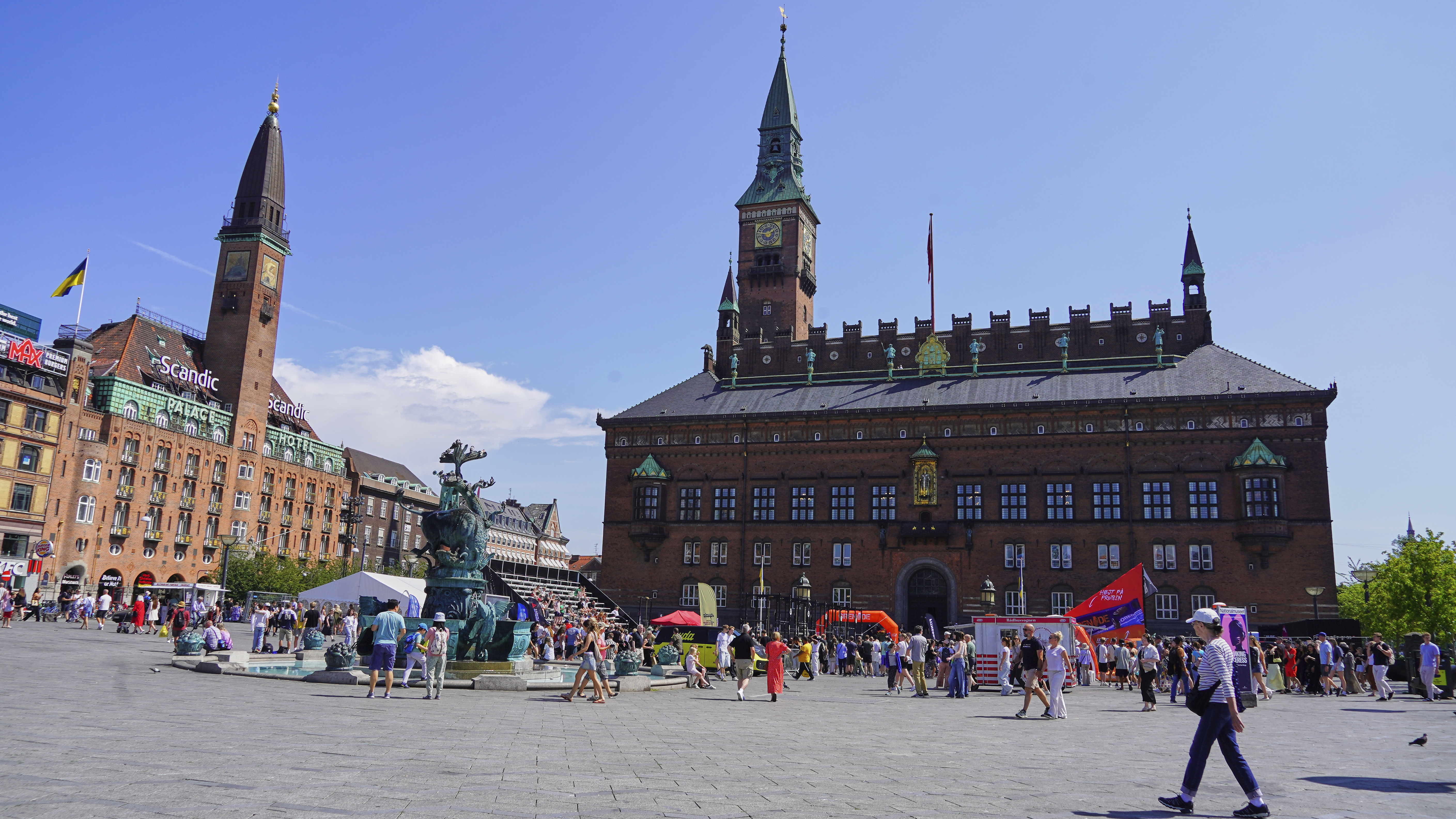The Copenhagen Summit: Can Europe Build a Security Architecture That Includes Ukraine?

The war in Ukraine, Russia’s energy blackmail, and economic turbulence demand one answer: only a broader Europe can survive the shocks of the 21st century. The Copenhagen summit will show whether leaders are ready for it.
On October 2, 2025, the European Political Community (EPC) Summit will take place in Copenhagen. This format emerged as an attempt to create a broader political platform than the European Union, where both EU member states and countries aspiring to integration could coordinate their actions. Amid Russia’s war against Ukraine, escalating energy competition, and economic risks, the EPC is ceasing to be a secondary discussion club. Its significance is measured by whether Europe is capable of developing consolidated solutions that simultaneously strengthen the security framework and enhance economic resilience. The Copenhagen Summit is becoming a moment of truth: can Europe think in terms of a “broader Europe,” where security and development are inseparably linked from the Atlantic to the Black Sea and the Balkans?
Countering Russia’s Military Threat Requires Including Ukraine, Moldova, and the Western Balkans in a Unified Security Architecture
Without Ukraine, Moldova, and the Western Balkans, Europe remains vulnerable to Russian pressure. Ukraine, which has been waging a full-scale war for over three years, is effectively serving as the eastern shield of the EU. It is holding back Russian forces that, in the event of a breakthrough, could pose direct threats to NATO and EU member states. Moldova is in a zone of heightened risk due to Russian hybrid operations, energy blackmail, and political manipulations.
The Western Balkans is a region where institutional weaknesses and political crises create opportunities for Russian influence. The lack of integration of these countries into a unified security structure creates systemic gaps that Moscow exploits for destabilization. Therefore, expanding the European security architecture to include these states is not an option but a necessity.
The Start of Membership Negotiations Is a Political and Security Priority
Opening membership negotiations for Ukraine, Moldova, and the Western Balkan countries should be viewed not as a symbolic gesture but as a tool for stabilization. European integration in these regions is a factor in reducing Russian influence and preventing internal political crises. The “negotiations without opening clusters” model could serve as a compromise solution, providing a political signal of the inevitability of integration while maintaining the flexibility to adjust the pace and requirements. Such a decision is particularly relevant in the context of the war, when traditional negotiation procedures are too slow and do not match the dynamics of security challenges.
New Sanctions Against Russia Must Become a Tool to Compel Negotiations
The EU has already adopted 18 sanction packages against Russia, but their effectiveness is diminishing due to the adaptation of the Russian economy and the development of circumvention mechanisms. This is particularly true for the “shadow fleet” of oil tankers and the use of third countries as intermediaries in energy trade. The next sanction package should focus on eliminating these channels and restricting sectors that remain critical for Russian military production: the supply of technologies, microelectronics, and dual-use equipment. The goal of sanctions is not symbolic punishment but the creation of conditions under which the Kremlin will be forced to come to the negotiating table. This requires maximum EU unity in rejecting internal exemptions and special regimes for individual member states.
Abandoning Russian Energy Resources Is a Key Element of the Strategy
Russian oil and gas remain the primary source of funding for the war. Despite reduced supplies to the EU, some countries still maintain dependence, allowing the Kremlin to maneuver. Europe must transit to a complete abandonment of Russian energy resources, even if this requires additional costs for diversification and modernization of energy systems. Creating a unified roadmap with clear timelines and control mechanisms will solidify this process and eliminate the possibility of political backsliding. Abandoning Russian energy resources is not merely an economic issue; it is a direct security tool.
The Use of Frozen Russian Assets Must Become a Practical Instrument of Pressure
Over €200 billion in Russian assets are frozen in EU countries’ accounts. Their continued “frozen” status without practical application forces EU countries to bear direct defense costs and support for Ukraine. These assets should be integrated into the EU’s financial strategy as a source for Ukraine’s reconstruction, compensation for damages, and funding of defense programs. This will set a precedent that aggression entails not only political consequences but also direct economic losses. Resolving legal issues should be achieved through the adoption of special regulations that provide legitimacy and predictability to the mechanisms for managing these assets. New EU initiatives, such as debt bonds backed by frozen assets, are already under discussion.
Only a Broader Europe Can Ensure Long-Term Resilience
The EU will not be able to counter modern security and economic challenges by remaining in a narrow circle. Without the integration of Ukraine, Moldova, and the Western Balkans, the European security system remains vulnerable, and its economic policy incomplete. The Copenhagen Summit must consolidate three key directions: the start of membership negotiations (including flexible schemes), the adoption of new sanction decisions and the complete abandonment of Russian energy resources, and the launch of mechanisms for using frozen assets. Only a combination of these decisions can transform Europe into a subject capable of independently determining its own security and economic trajectory.
Igor Popov, head of United Ukraine Think Tank, expert on political and security issues